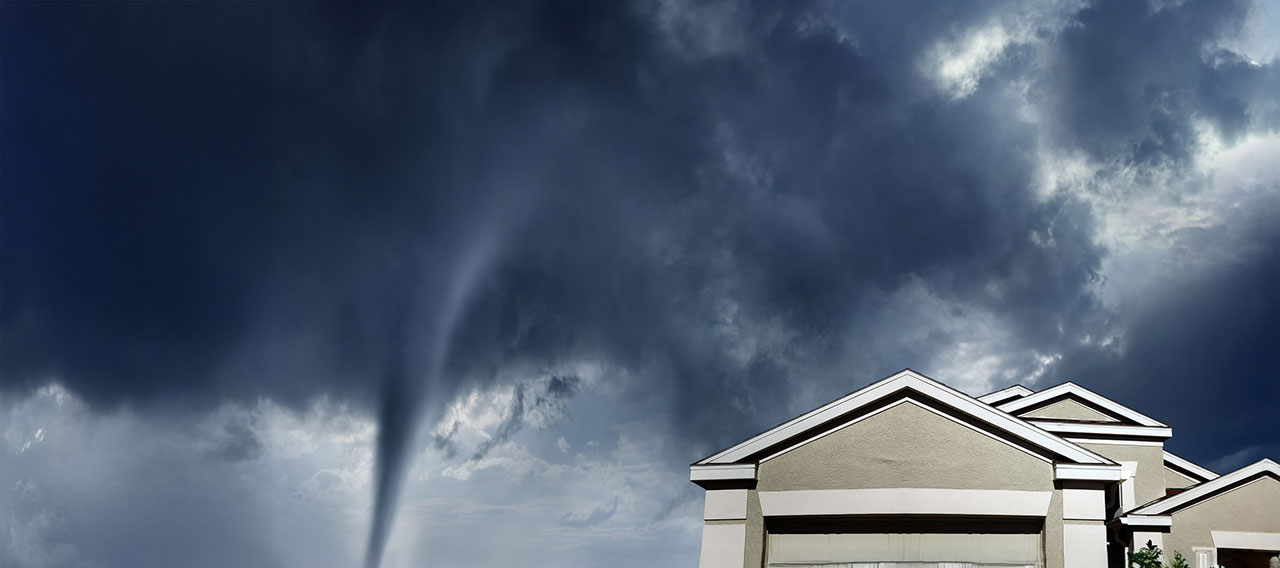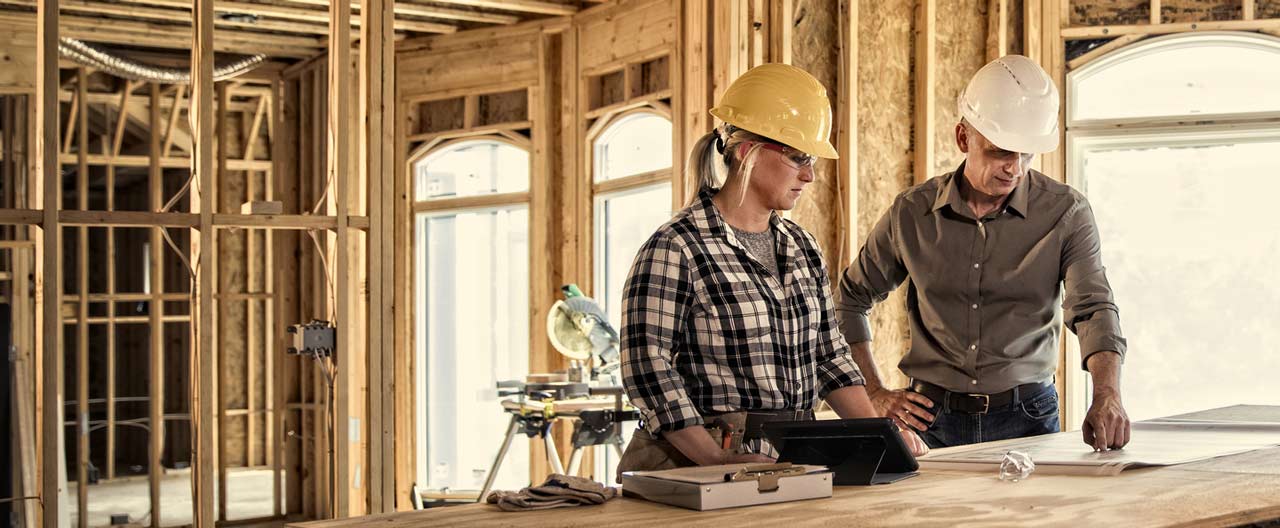- Individuals & Families
- Businesses
- Agents & Brokers
- Embedded Insurance

Chubb ranked #1 for Customer Satisfaction with the Home Insurance Claims Experience

Chubb ranked #1 for Customer Satisfaction with the Home Insurance Claims Experience

Chubb ranked #1 for Customer Satisfaction with the Home Insurance Claims Experience

Chubb ranked #1 for Customer Satisfaction with the Home Insurance Claims Experience

Because pets are family, Chubb now offers pet insurance with top-rated coverage from Healthy Paws.

Chubb offers the insurance protection you need for travel’s many “what ifs”.

Chubb protects small businesses at every stage – from newly formed start-ups to long-time anchors of the community.

Stay ahead of cyber threats with our free Cyber Claims Landscape Report.

Learn more about our dedicated learning paths, Online Learning Center, and more.

Many digital-savvy consumers look for it as a core or add-on option.

Many digital-savvy consumers look for it as a core or add-on option.

Many digital-savvy consumers look for it as a core or add-on option.

Chubb’s in-house technology makes it easy to integrate what we do into your customer experience.
-
About
-
Claims
-
Login & Pay Bill
For Agents & BrokersFor Travel Advisors
-
Back
If you’re planning a home maintenance or renovation project, don’t let your dreams go up in smoke before the work is finished. Fire—including spontaneous combustion—poses a real and dangerous risk.
Because approximately one-third of house fires are caused by a third party working in the home, homeowners should educate and supervise all contractors to avoid potential fire hazards. Safeguard your home by sharing these 10 simple fire safety tips with your contractor, or other workers.
1. Discard oily rags properly.
Oil- and solvent-soaked rags will spontaneously combust, even under normal weather conditions; the warmer the weather, the quicker the rags can reach ignition temperature. Used rags or wiping cloths should NEVER be allowed to pile up around a house, garage or construction site.
2. Safely store products and supplies.
Paints and solvents should not be kept near heat-generating equipment such as furnaces, water heaters or vehicles.
3. Keep the work site clean and dispose of materials properly.
Waste material, packing materials, wood shavings must be removed daily. DO NOT:
- Use fires as a disposal method.
- Ball up, pile, stack or fold any wiping cloth, rag, towel, drop cloth, steel wool or piece of work clothing that becomes moistened or wet due to contact with a solvent-based material.
- Toss used rags into a trash can or plastic bucket.
4. Know what flammable materials are being used.
Ask that all flammable paints be kept off the site if possible.
5. Avoid portable heaters.
Space heaters account for 43% of U.S. home heating fires, according to the National Fire Protection Association (NFPA). Flammable items placed too close to a heater are the most common cause.
6. Initiate a no smoking policy.
Smoking is the single most common cause of fire-related fatalities. This also applies to e-cigarettes and vaping devices.
7. Ensure there is a fire extinguisher on site.
Make readily accessible firefighting equipment such as fire extinguishers, hoses, hydrants and emergency water tanks—and make sure everyone knows how and when to use it. Water extinguishers should not be used on electrical fires, for example.
8. Implement a fire alarm procedure.
In the event of a fire, determine who will be responsible for calling the fire department, who will deal with the fire, and who will set the evacuation plan in motion.
9. Follow gas cylinder safety protocols.
If gas cylinders are being handled, ask that they are safely secured in an upright position and fitted with a regulator and flashback arrester.
10. Implement “hot work” guidelines.
Hot work involves working with ignition sources near flammable materials, such as welding, soldering and cutting. Make sure your building team clears the work area of combustible material and that wooden floors are properly covered before doing any hot work.
Insights and expertise








Get a personal insurance quote
Work with an independent agent to get personalized insurance solutions.
This document is advisory in nature and is offered as a resource to be used together with your professional insurance advisors in maintaining a loss prevention program. It is an overview only, and is not intended as a substitute for consultation with your insurance broker, or for legal, engineering or other professional advice.
Chubb is the marketing name used to refer to subsidiaries of Chubb Limited providing insurance and related services. For a list of these subsidiaries, please visit our website at www.chubb.com. Insurance provided by ACE American Insurance Company and its U.S. based Chubb underwriting company affiliates. All products may not be available in all states. This communication contains product summaries only. Coverage is subject to the language of the policies as actually issued. Surplus lines insurance sold only through licensed surplus lines producers. Chubb, 202 Hall's Mill Road, Whitehouse Station, NJ 08889-1600.


